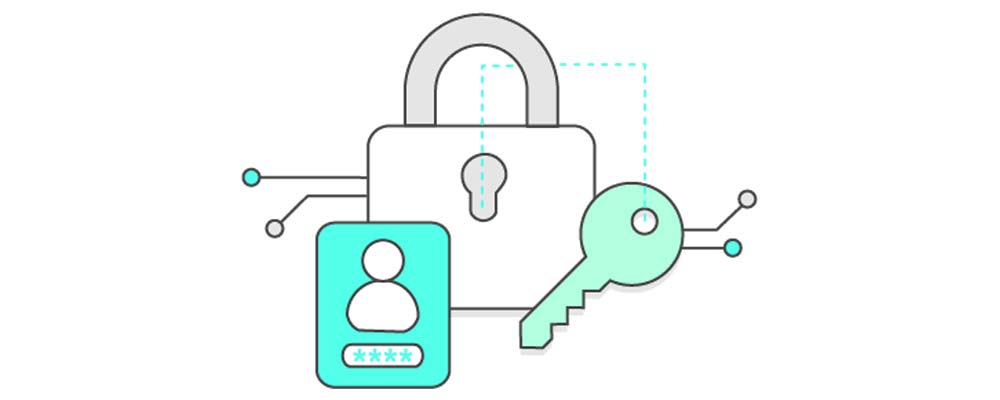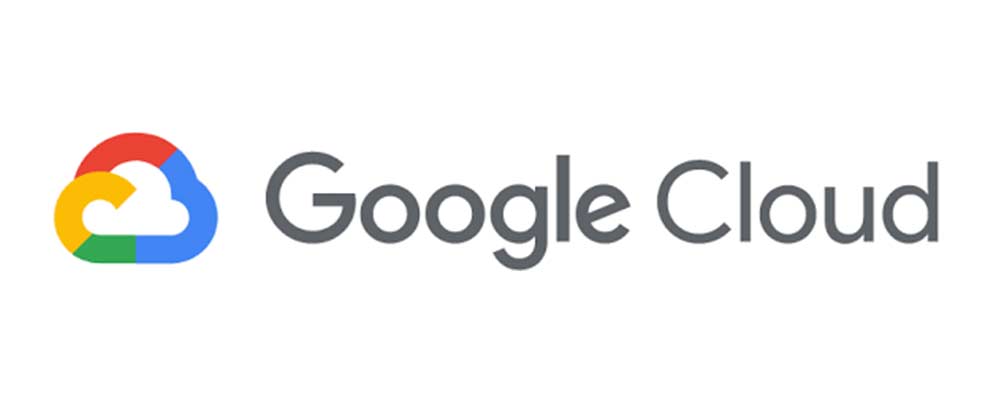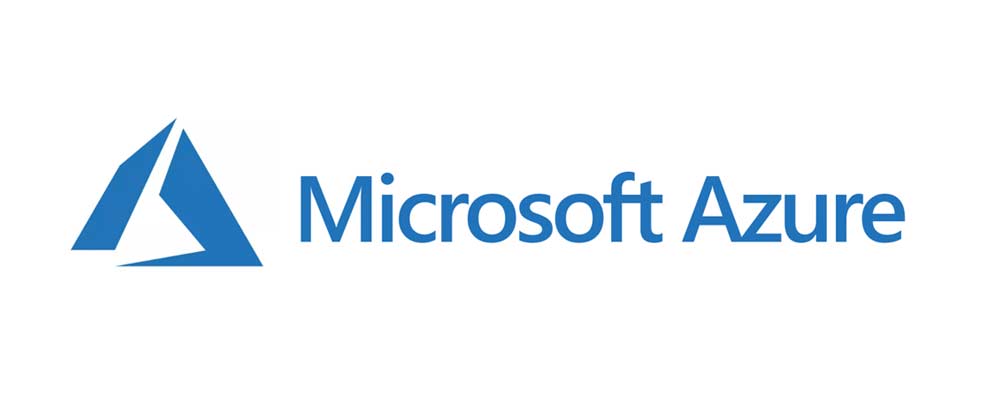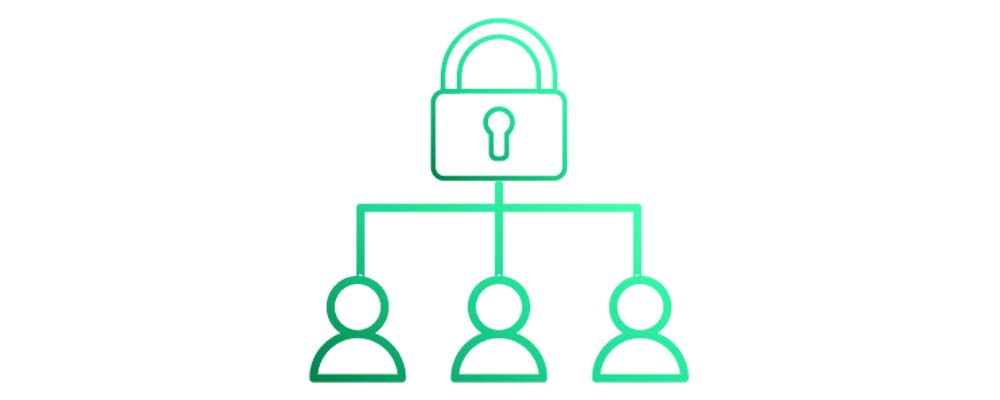Blog post
Security and compliance in Microsoft Azure

By Chris Onslow 21 Feb 2024

Security and compliance are critical aspects of Microsoft Azure, and the platform provides a robust set of tools and features to help customers secure their data and comply with various regulations. Here are some key aspects of security and compliance in Microsoft Azure:
1. Security Features:
- Network Security: Azure offers Virtual Network (VNet) for isolating resources, Network Security Groups (NSGs) for controlling inbound and outbound traffic, and Azure Firewall for network security.
- Identity and Access Management: Azure Active Directory (Azure AD) provides identity and access management services, including multi-factor authentication, conditional access, and role-based access control (RBAC).
- Encryption: Azure supports encryption at rest and in transit, using services like Azure Key Vault for managing keys and secrets.
- Monitoring and Logging: Azure Monitor and Azure Security Center provide monitoring, logging, and threat detection capabilities to help identify and respond to security threats.
- Security Compliance: Azure adheres to industry standards and compliance certifications, including ISO, SOC, HIPAA, GDPR, and more, to ensure data security and privacy.
2. Compliance Framework:
- Azure Compliance: Azure maintains a comprehensive compliance framework that aligns with various industry standards and regulations to meet the security and compliance requirements of customers.
- Compliance Certifications: Azure has obtained numerous compliance certifications and attestations, demonstrating its commitment to security and compliance, such as ISO 27001, SOC 1/2/3, HIPAA, GDPR, and more.
- Compliance Controls: Azure provides customers with tools and resources to help them implement and maintain compliance controls within their Azure environment, such as Azure Policy, Compliance Manager, and Azure Security Center.
3. Data Protection:
- Data Encryption: Azure offers encryption mechanisms to protect data at rest and in transit, including Azure Disk Encryption, Azure Storage Service Encryption, and Azure SQL Database Transparent Data Encryption.
- Data Residency: Azure allows customers to choose the location where their data is stored to comply with data residency requirements and regulations.Overall, Microsoft Azure prioritizes security and compliance, providing customers with the necessary tools and resources to protect their data, maintain regulatory compliance, and build secure cloud solutions.
Looking for bespoke Microsoft Azure training? Looking to become an Azure instructor? Get in touch with us to find out more











